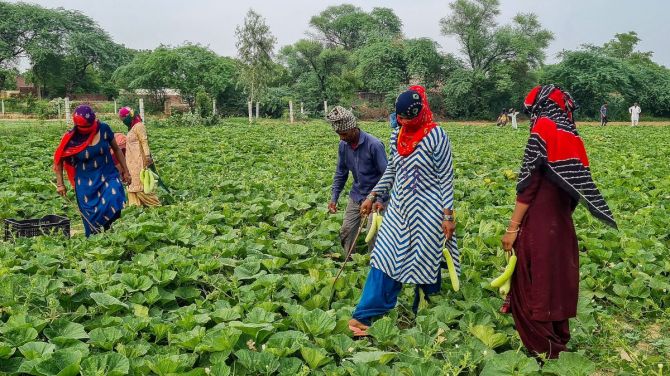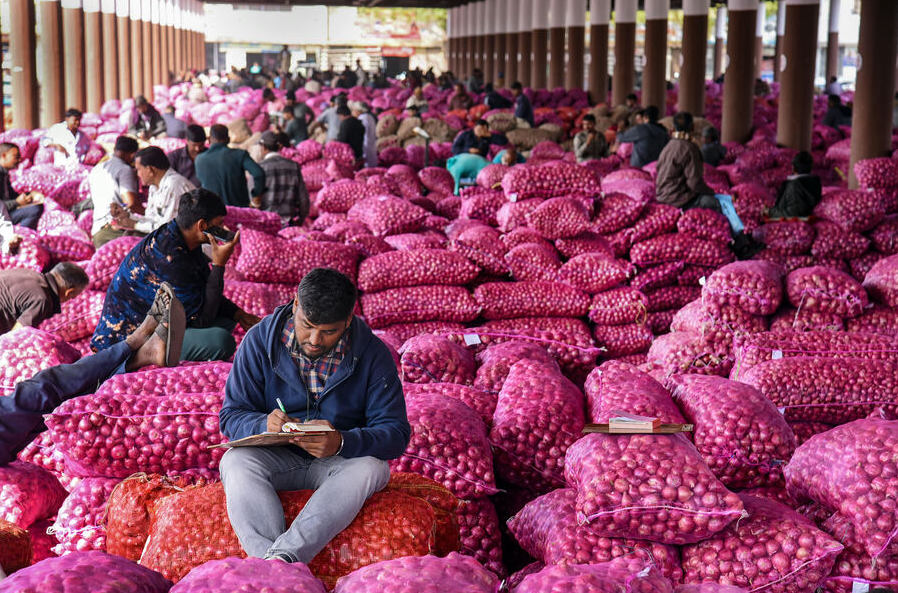Shillong, Sept 17: Meghalaya is positioning itself at the forefront of eco-friendly farming, focusing on sustainable agriculture practices that protect the region’s fragile ecosystem.
As part of these efforts, the Himalayan Agroecology Initiative will bring together international and national stakeholders for the Meghalaya State Stakeholder’s Consultation Meet on September 17, at the College of PG Studies in Agricultural Sciences (Central Agricultural University, Imphal) in Umiam.
The Himalayan Agroecology Initiative is a multi-stakeholder initiative focusing on the development of a roadmap for sustainable food systems in India, Nepal, and Bhutan, to strengthen the capacities of farmers, farmer-producer organizations, and other key players so that they can improve the resilience of their livelihoods against increasing climate impacts and degrading natural resources and better benefit from government policies that support sustainable agriculture such as organic and natural farming.
This multi-stakeholder initiative – backed by the global think tank ‘World Future Council’ and ‘IFOAM – Organics International’ (a global network of organic farmers, processors, retailers, academics and researchers) -will enhance biodiversity, support sustainable agricultural practices and foster stronger value chains.
According to the organizers, the consultation meeting will act as a platform to shape a roadmap that strengthens the capacities of farmers and organizations, ensuring they can better withstand the impacts of climate change and environmental degradation. By focusing on organic and natural farming, this roadmap aligns with government policies designed to bolster sustainable agriculture.
The consultation meeting in Meghalaya will be a significant step toward ensuring the sustainability of the Indian Himalayan Region, fostering cooperation, and building a resilient agricultural future.
The event will explore topics such as natural resource management, agro-biodiversity, sustainable Jhum farming, and industrial linkages.
The initiative comes at a critical time as the Indian Himalayan Region faces increasing challenges from climate change, including soil erosion, landslides, and habitat degradation. These impacts threaten the livelihoods of communities and the region’s delicate ecosystem.
“Given the heterogeneity and diversity of the region, formulating strategies for food and nutrition security in the IHR requires developing a location-specific approach that takes the ecological and environmental conditions into account and considers access to markets, information, and other institutional services. Marketing and processing facilities for agricultural, dairy, and horticultural products need to be strengthened to reduce the huge post-harvest losses and make farming economically viable” a statement from the organisers said.
It says there is an urgent need to promote sustainable agriculture by adopting a holistic approach through judicial use of natural resources, revisiting the traditional system of conservation agriculture and use of wild plant food resources. The consultation aims to find actionable solutions considering both ecological balance and economic viability for farmers.
Meghalaya Minister for Animal Husbandry, A.L. Hek, and CAU Imphal Vice Chancellor, Dr. Anupam Mishra, will grace the event. Stakeholders from the state administration, forest officials, food processing departments, and industry representatives will engage in discussions to craft effective implementation strategies for agroecological initiatives, especially in strengthening industrial linkages.
The Agroecology Himalayas Task Force, established in early 2023, is spearheading the effort to develop a sustainable food systems roadmap for the region, with support from the German Federal Ministry for Economic Cooperation and Development (BMZ) and IFAD. This task force, in collaboration with regional governments, will lead the development and implementation of this roadmap, with further consultations across the Himalayan states from September 17-26.




